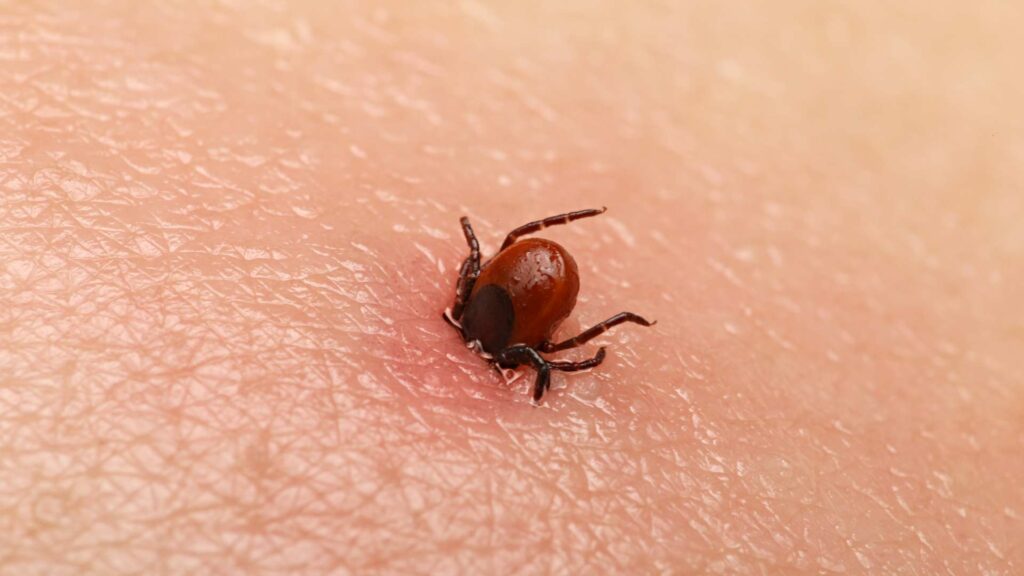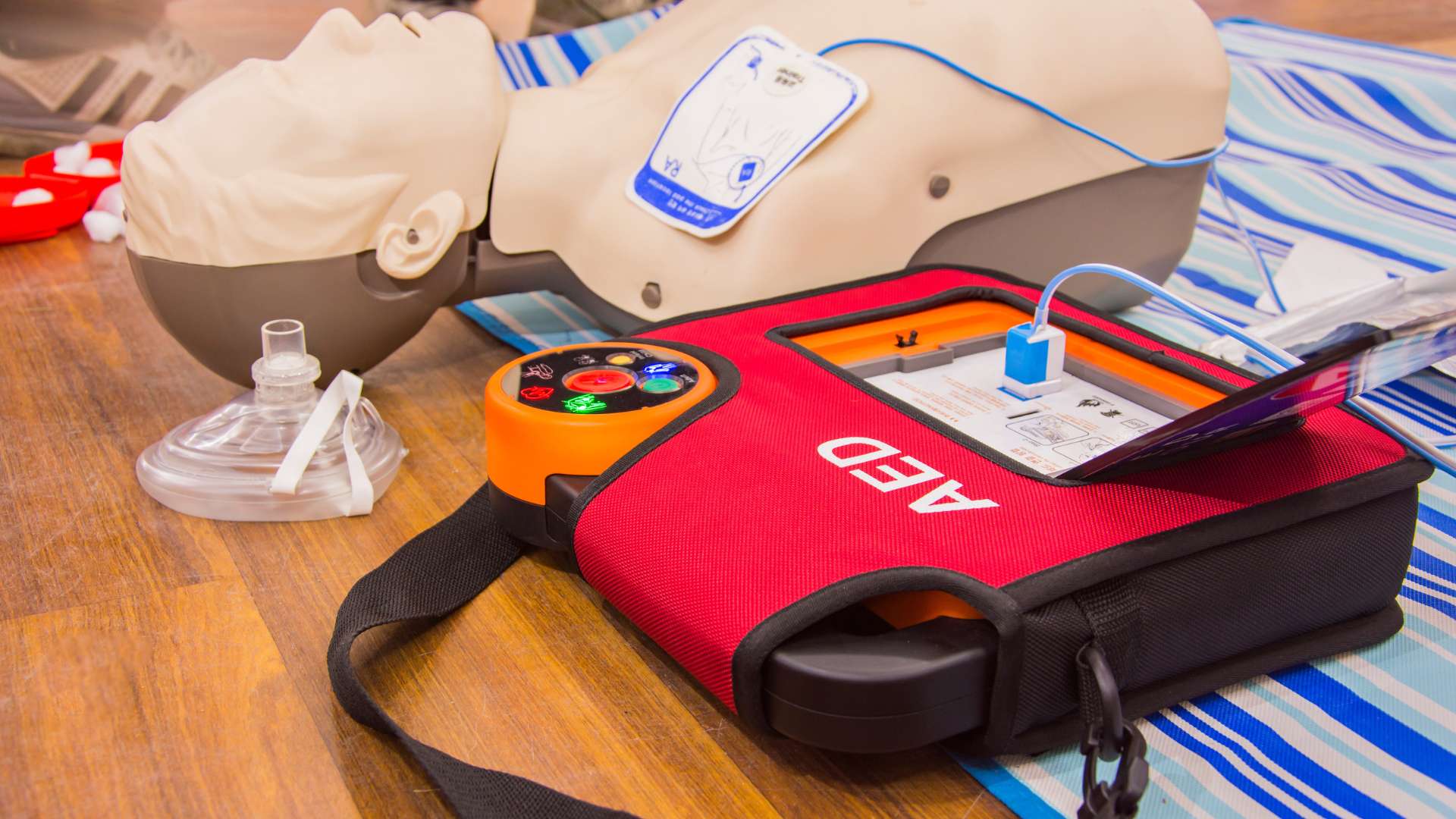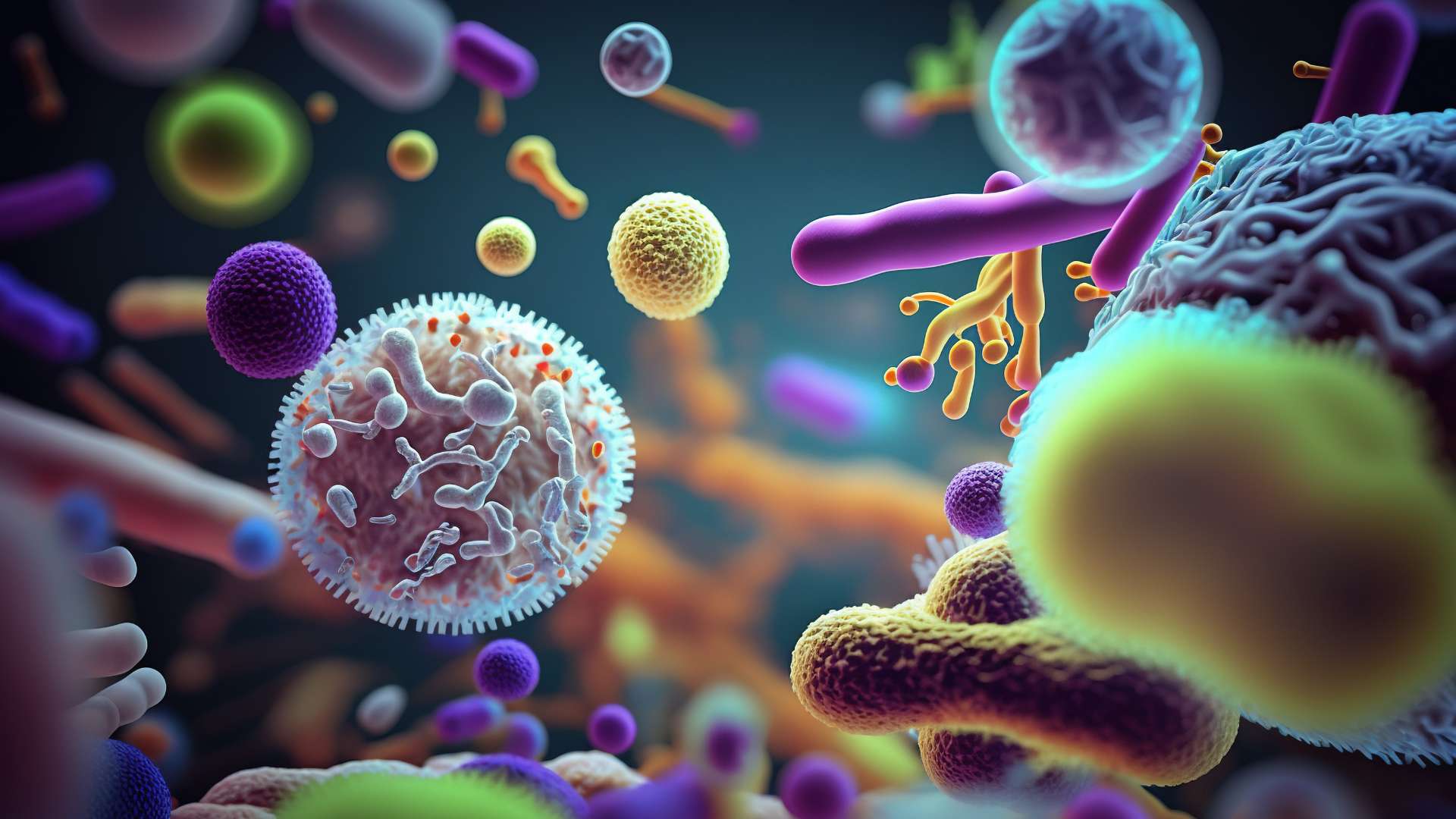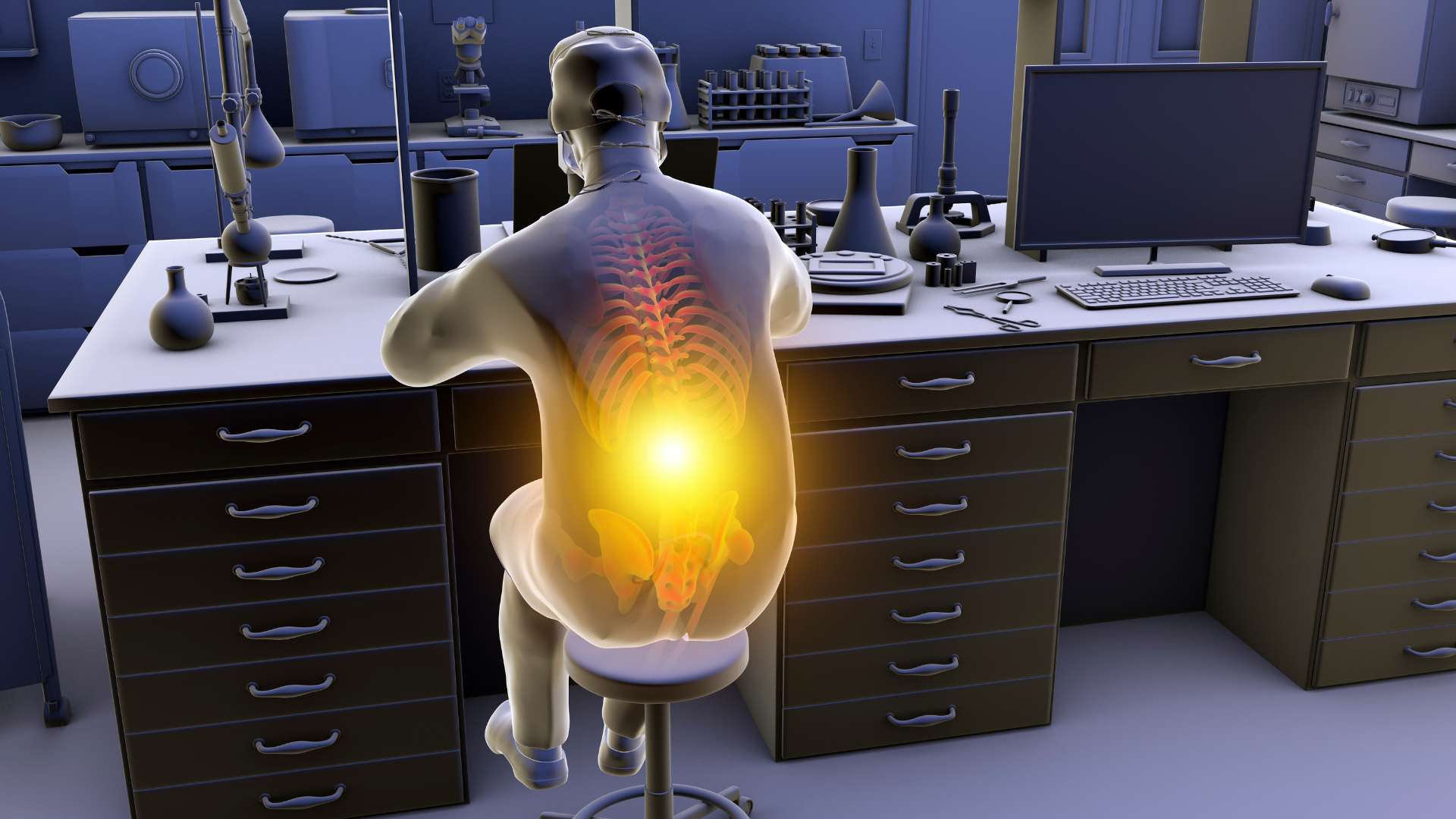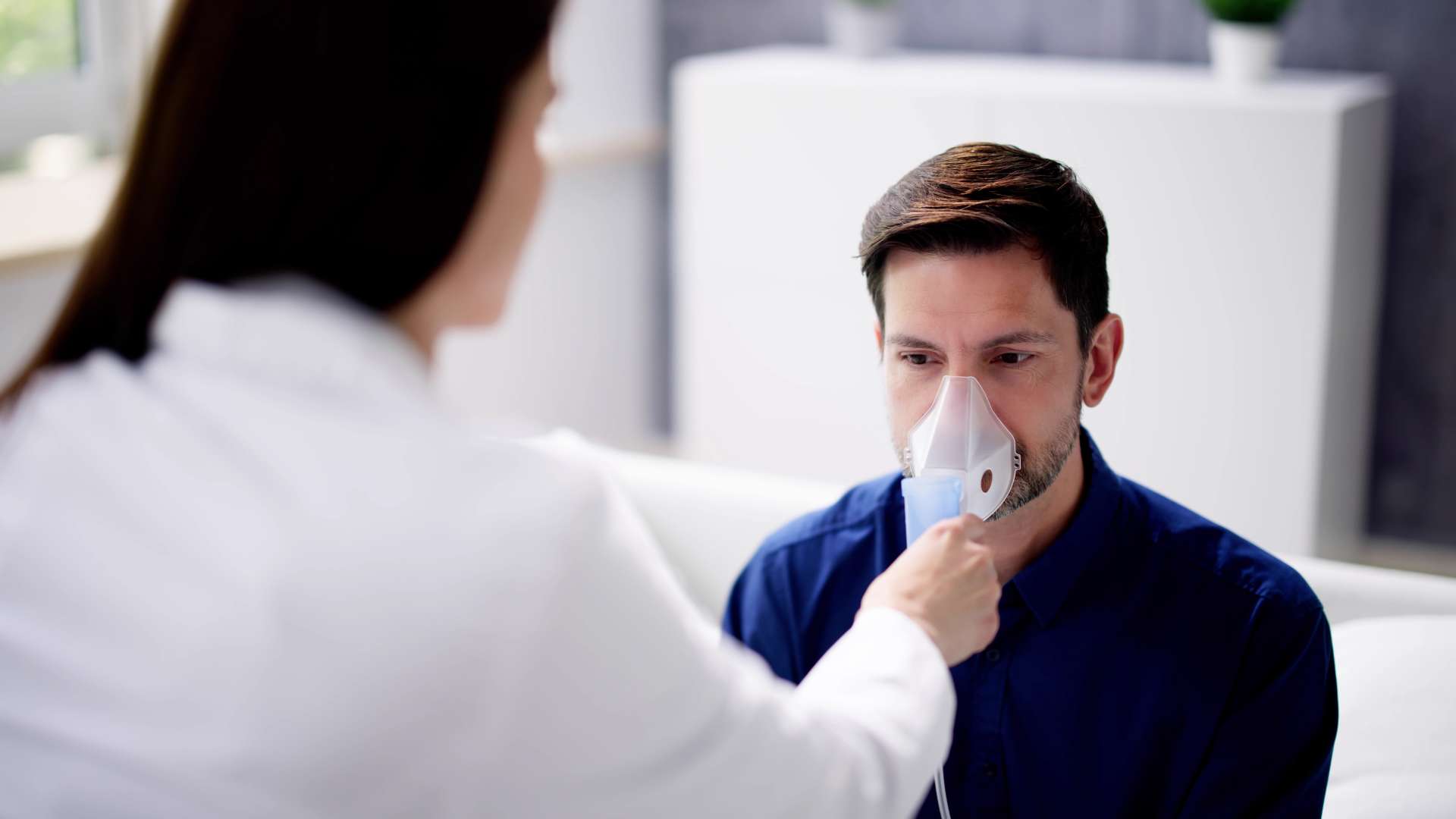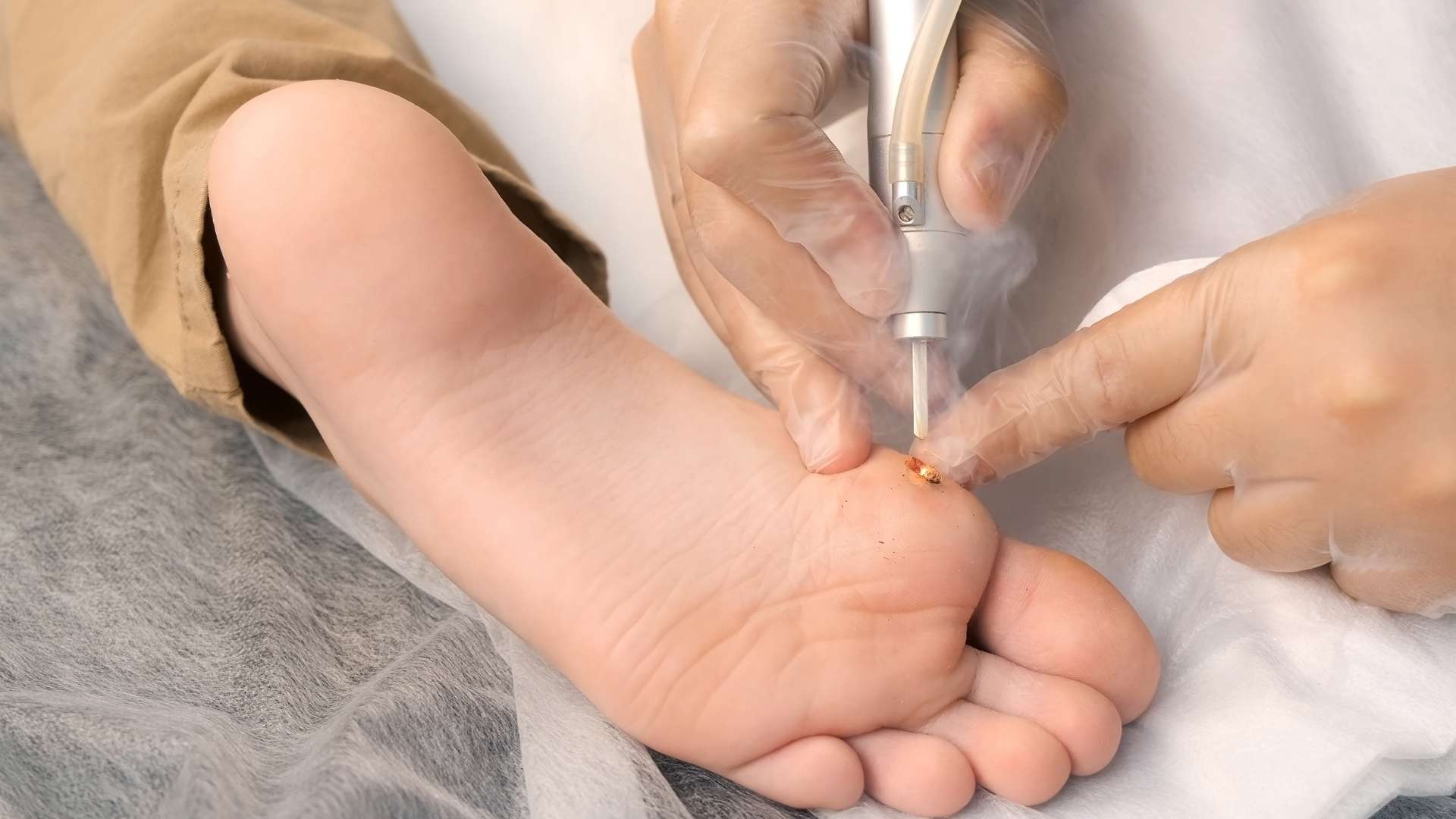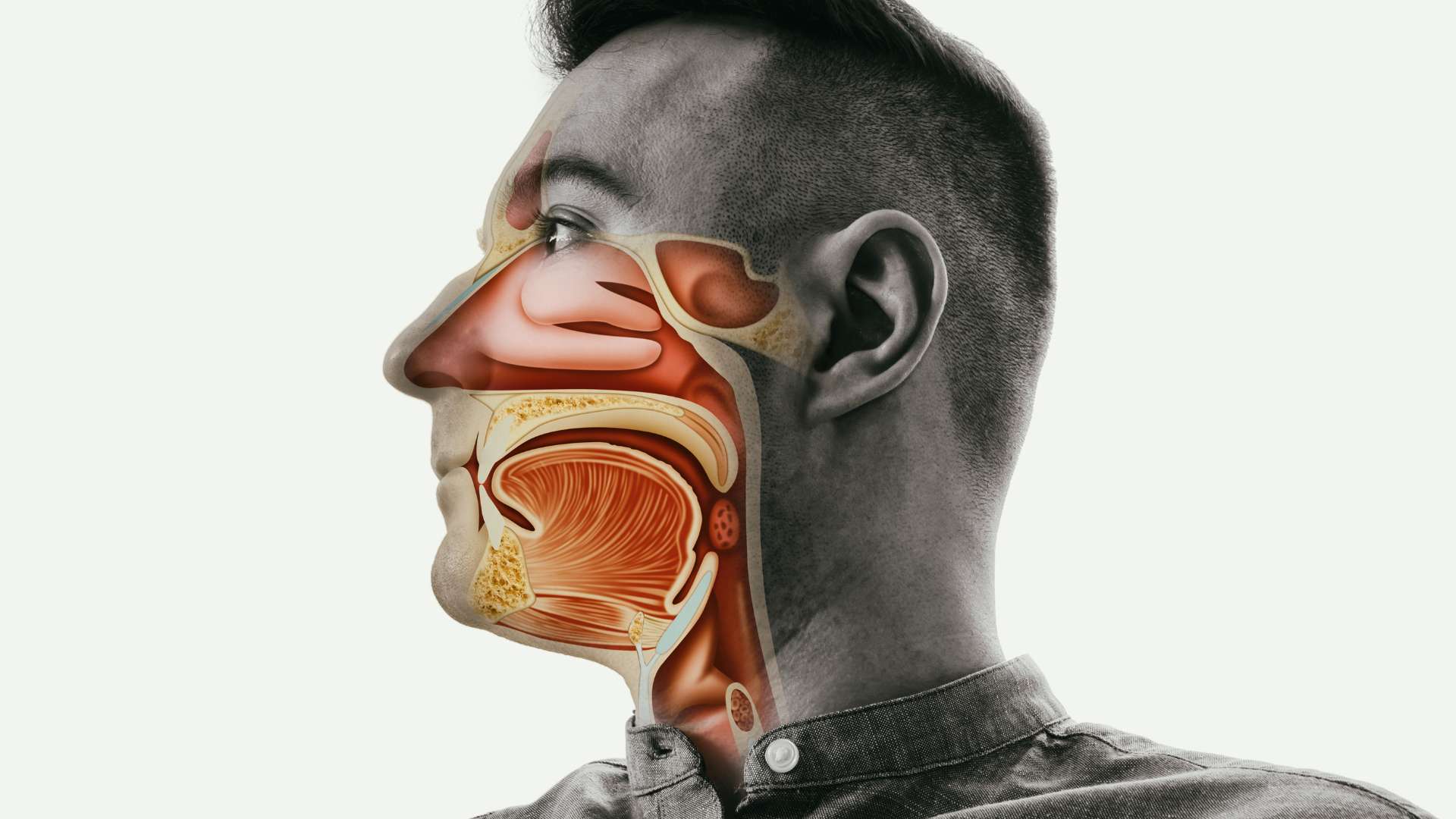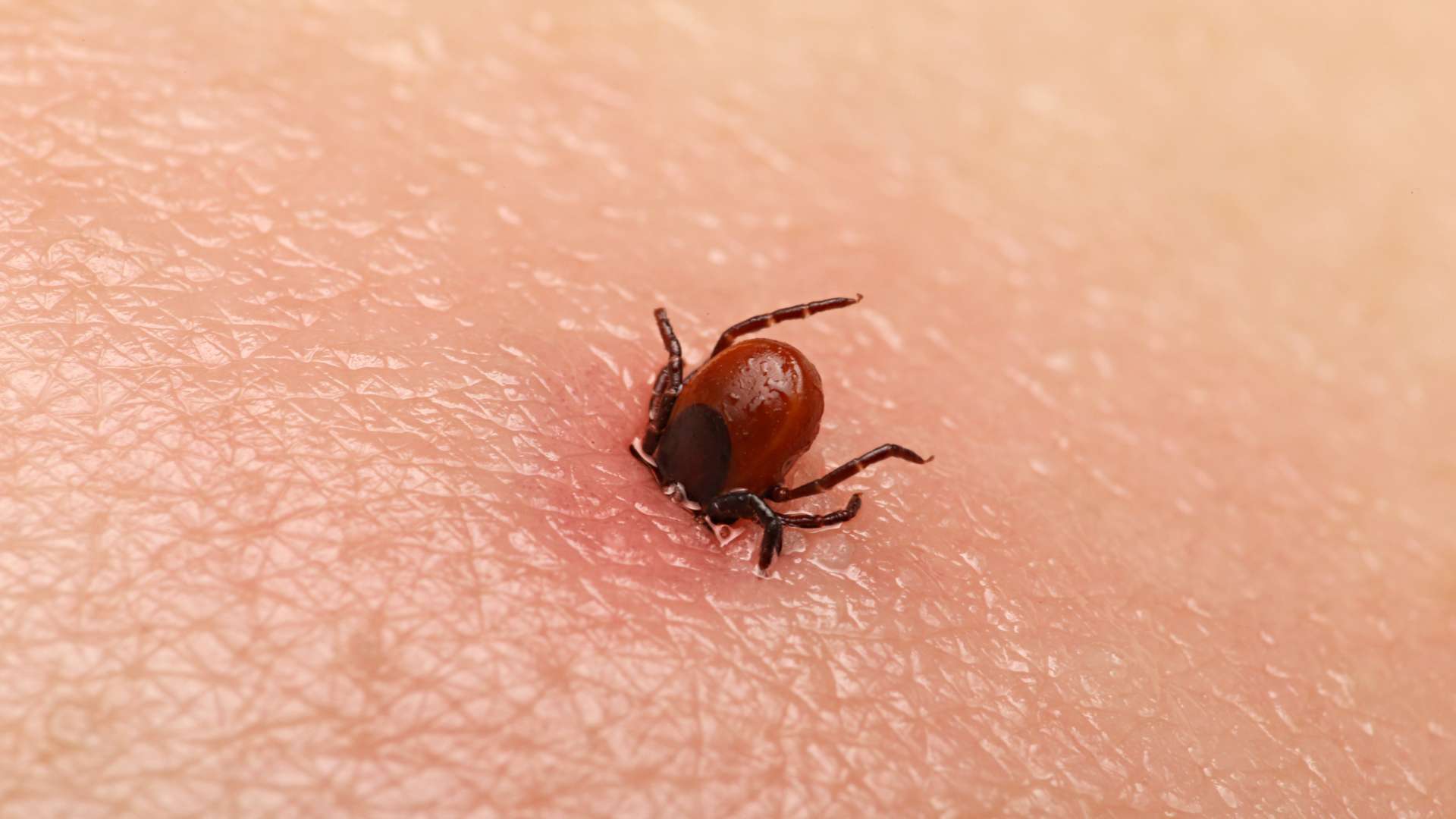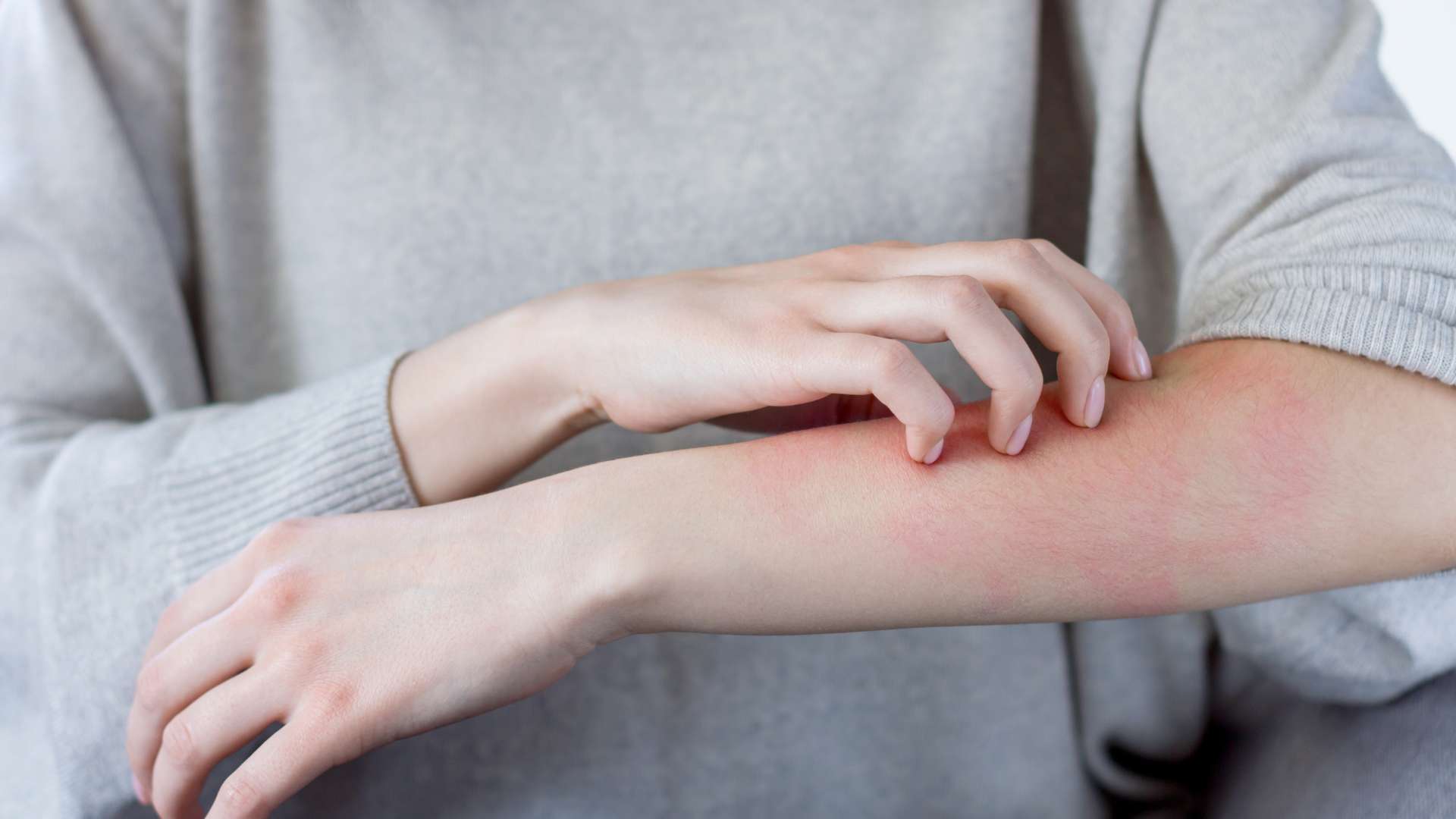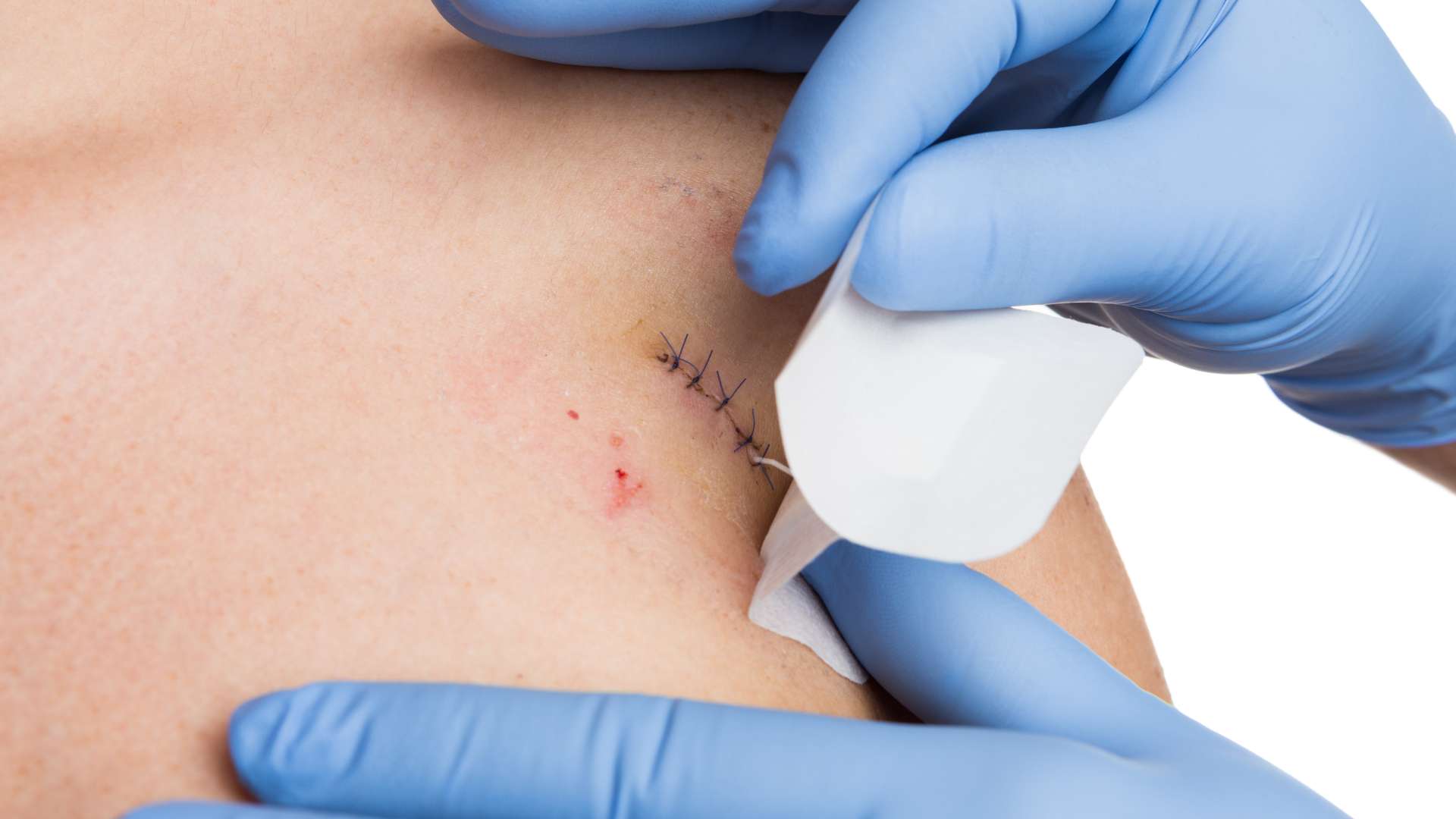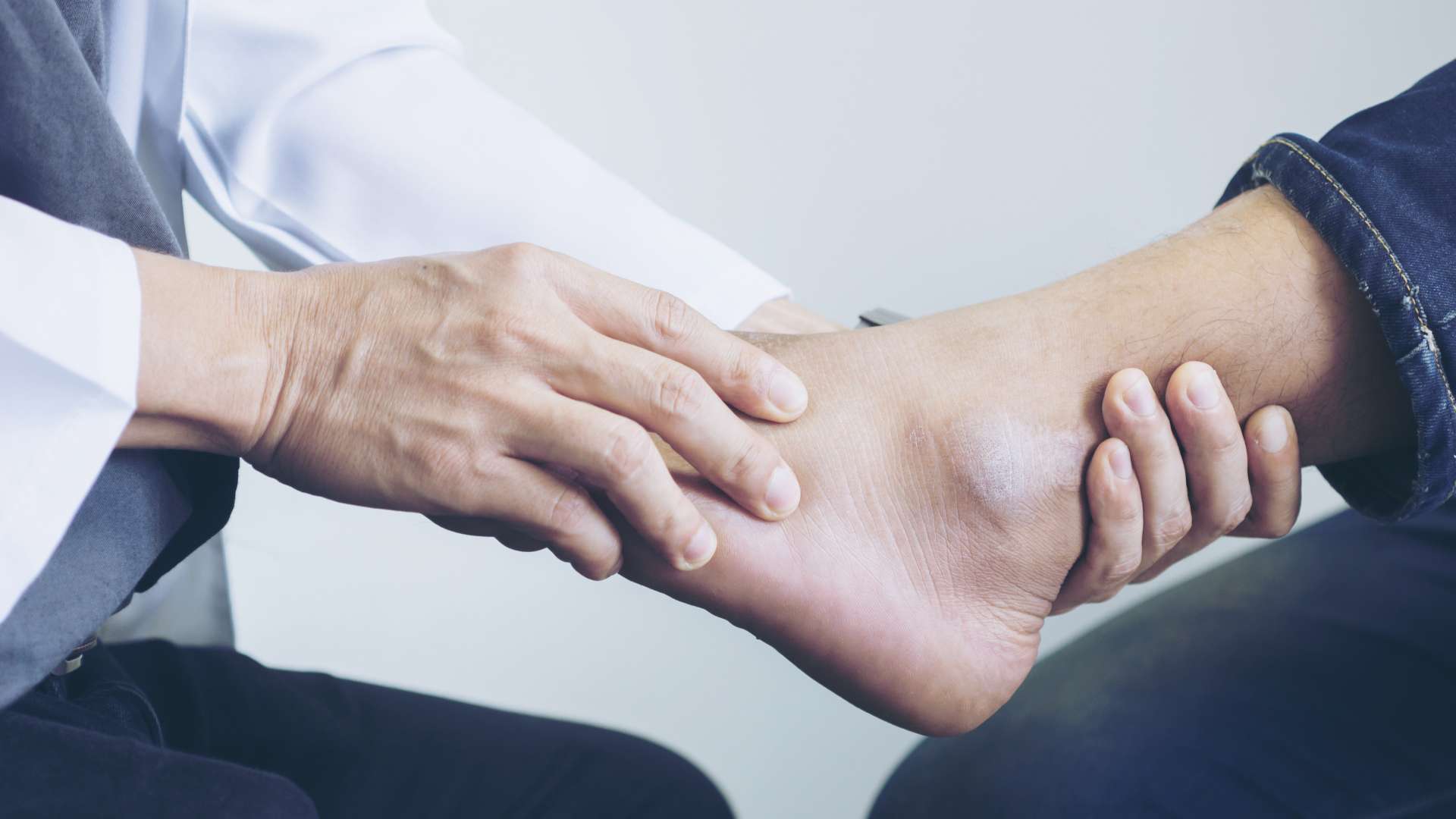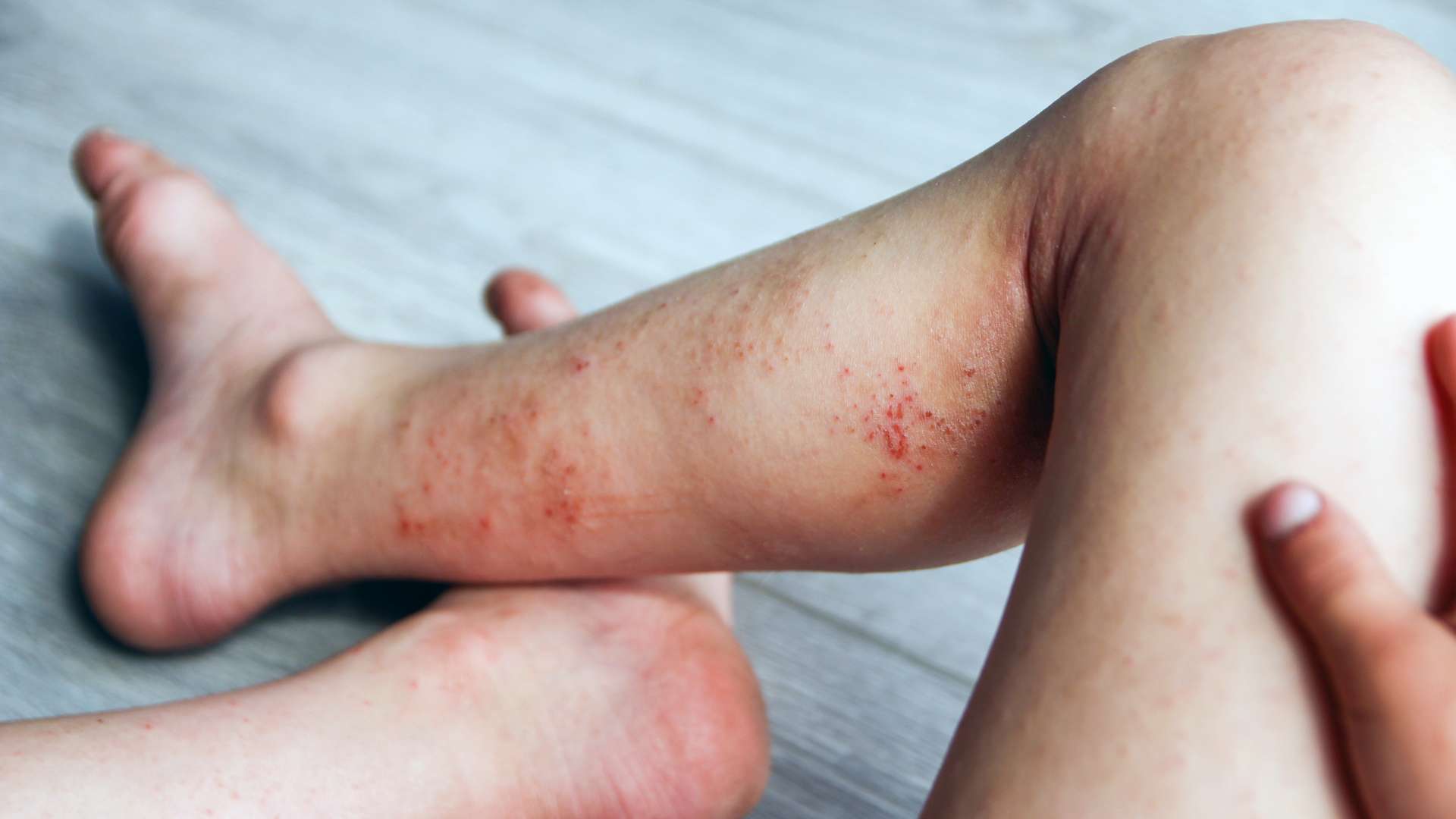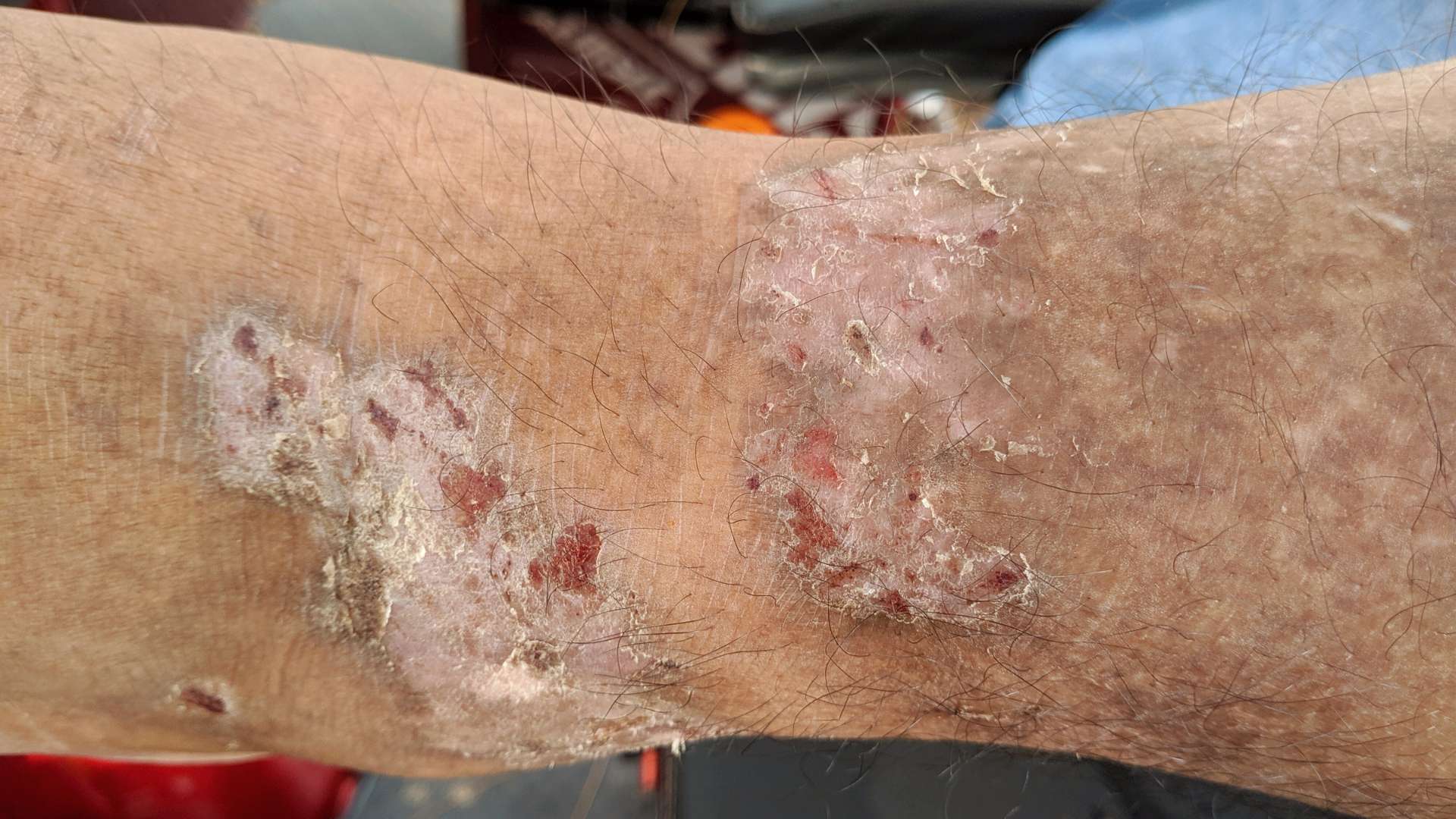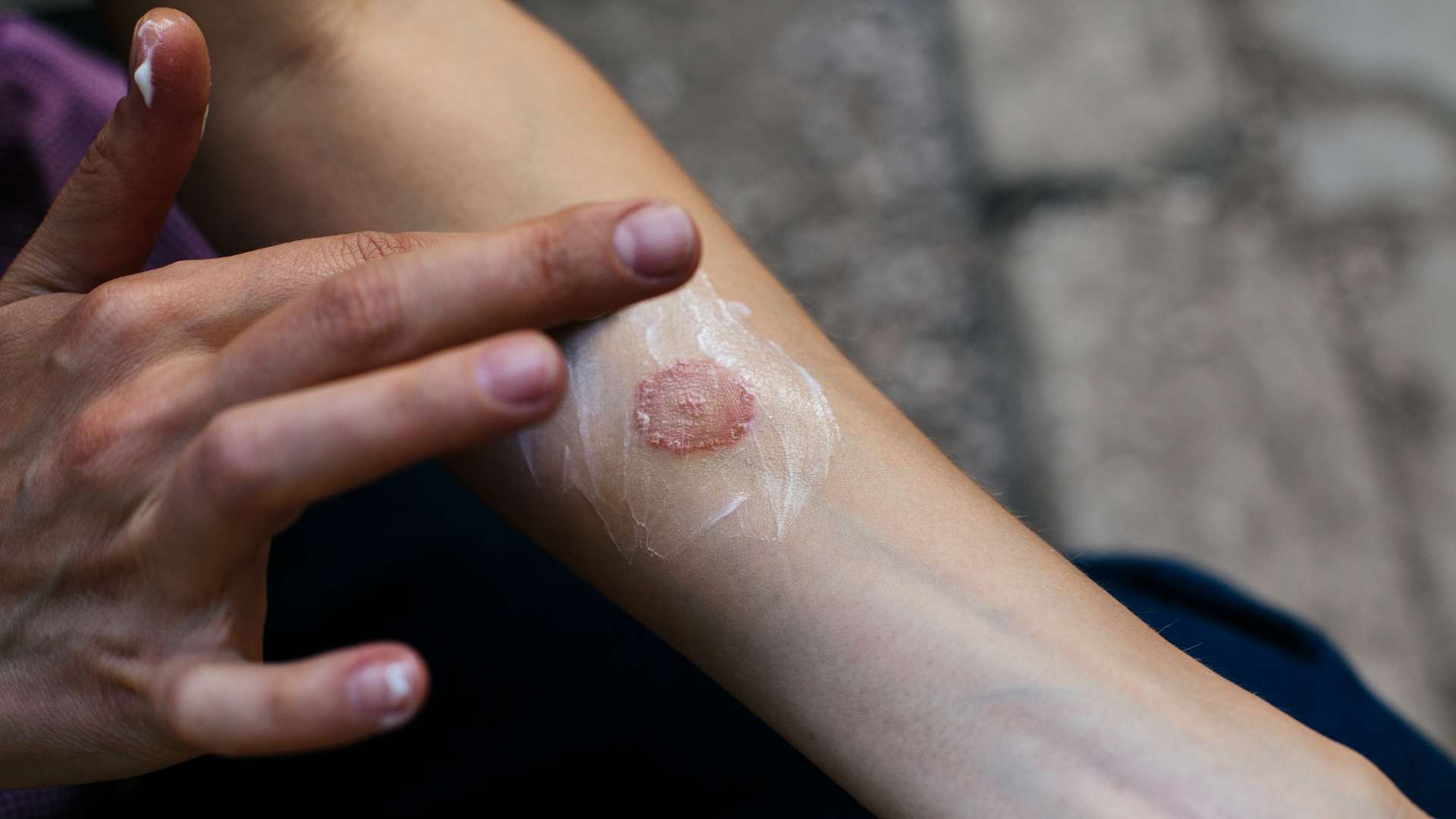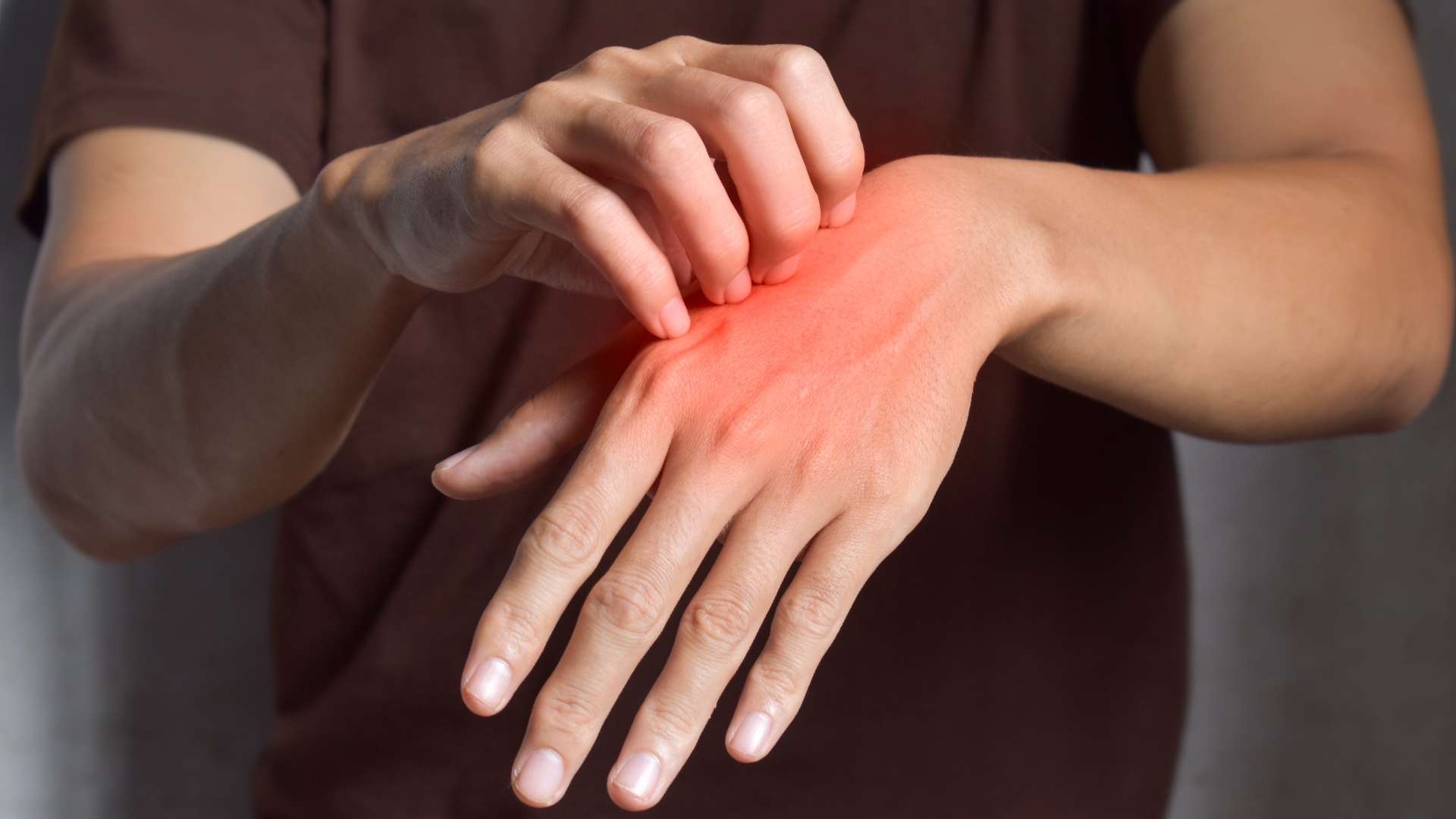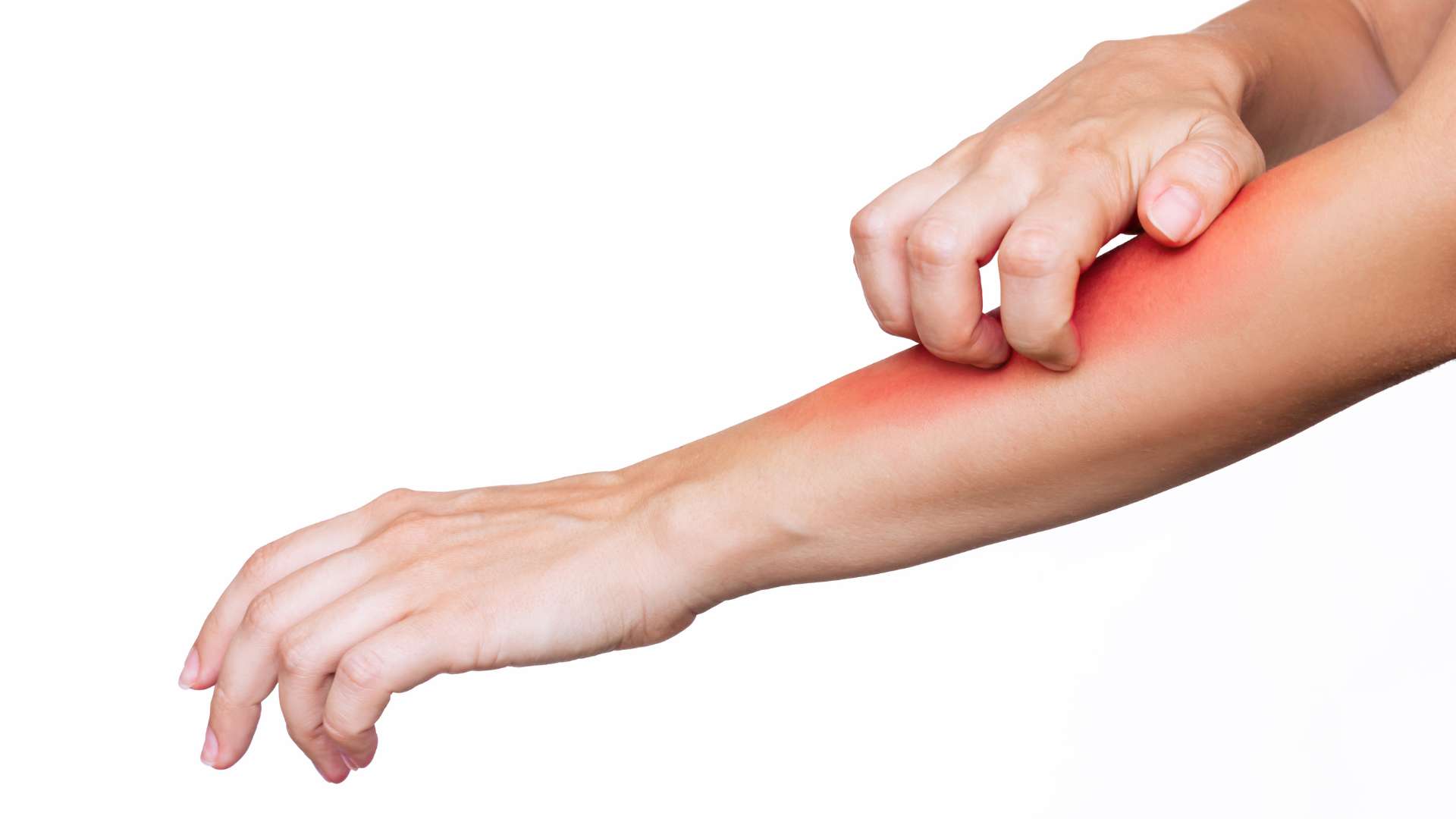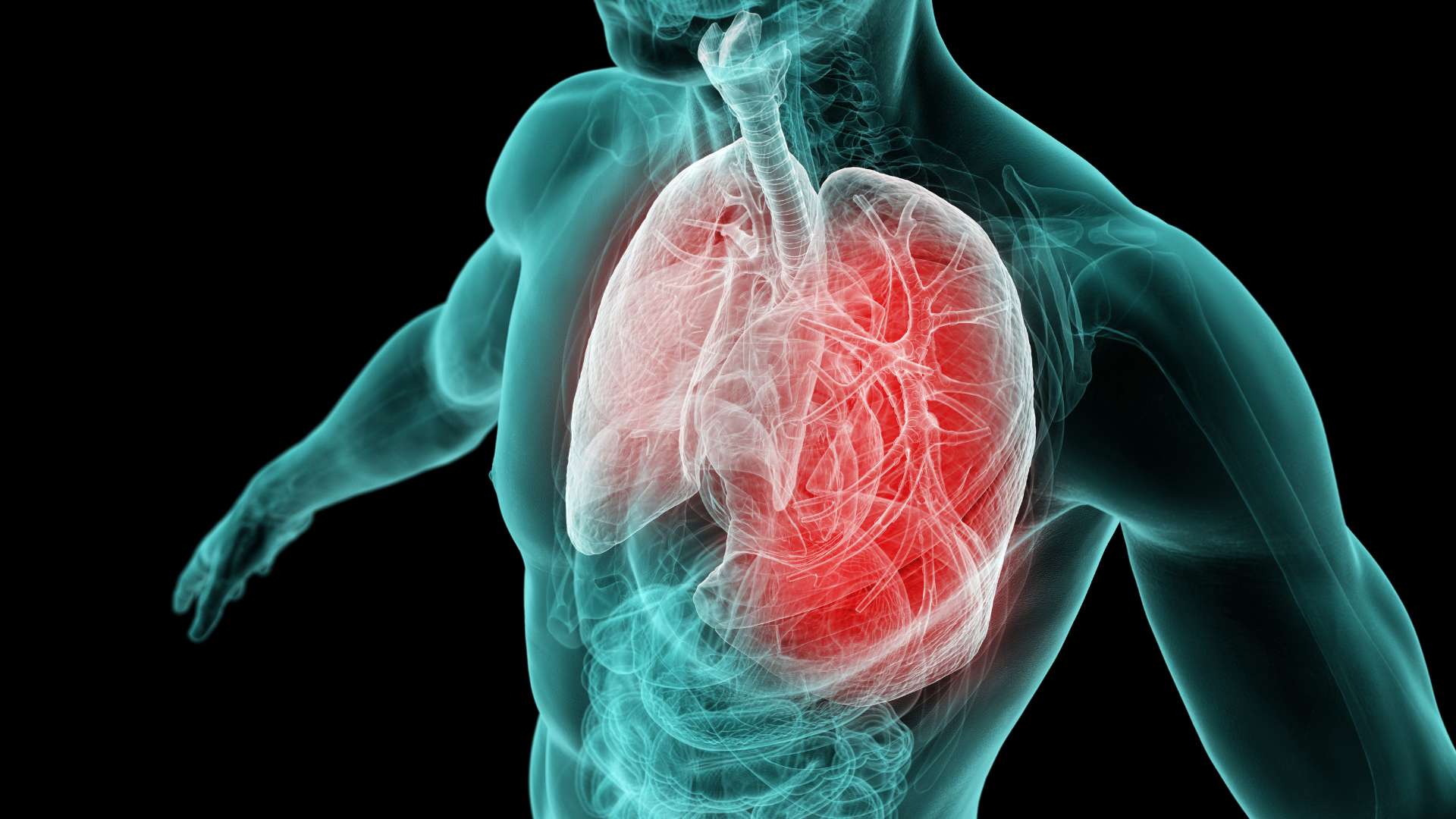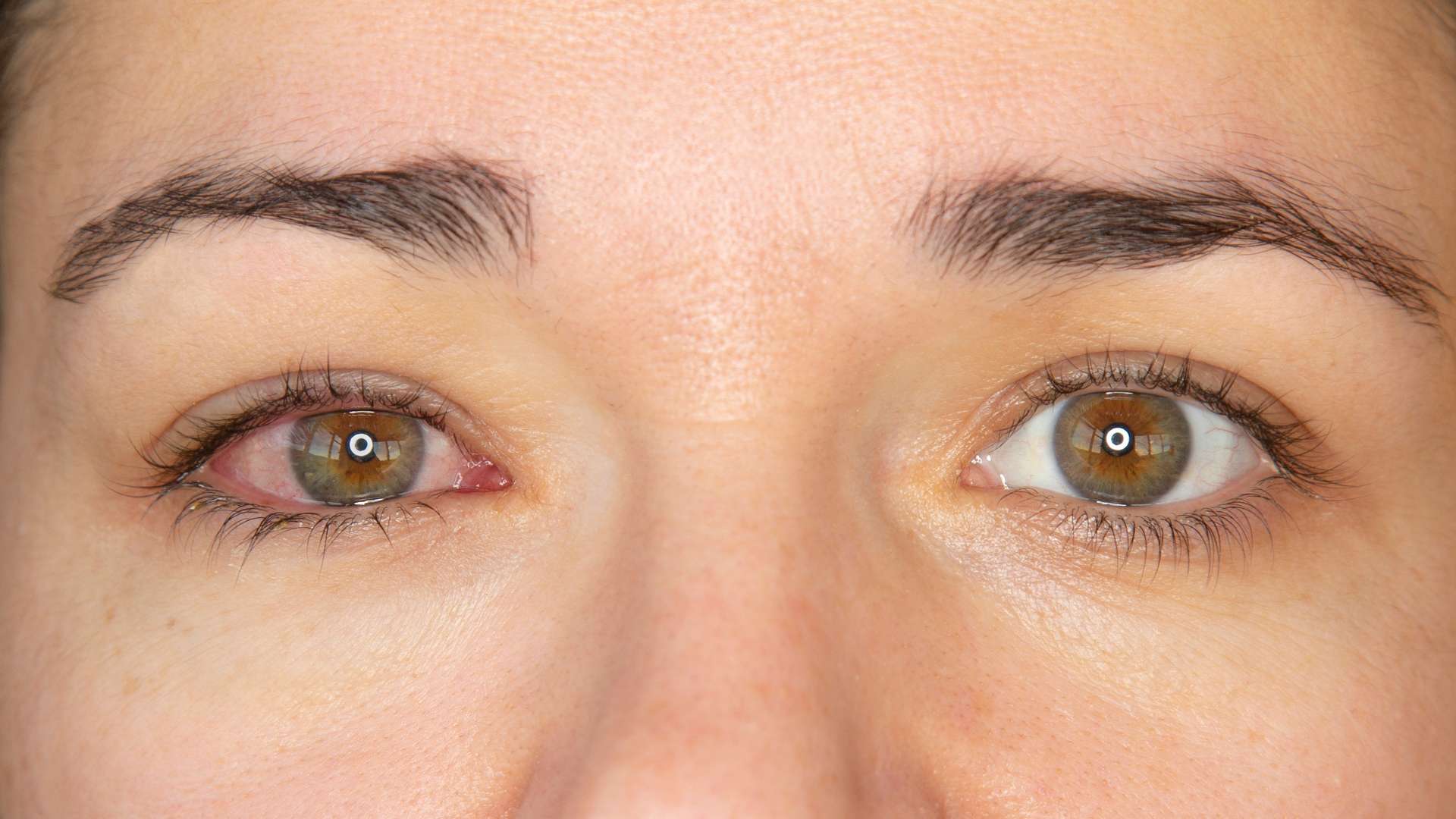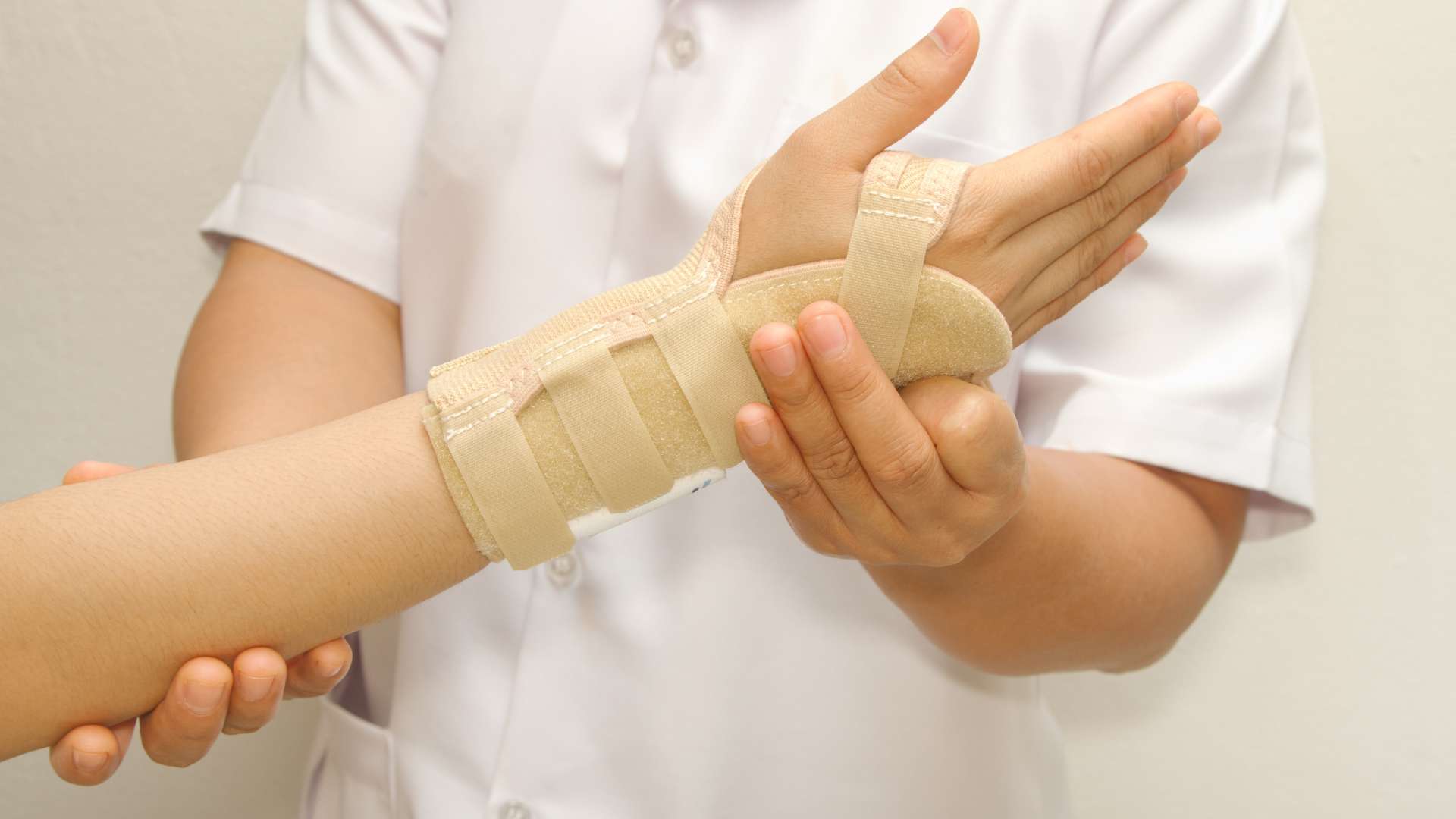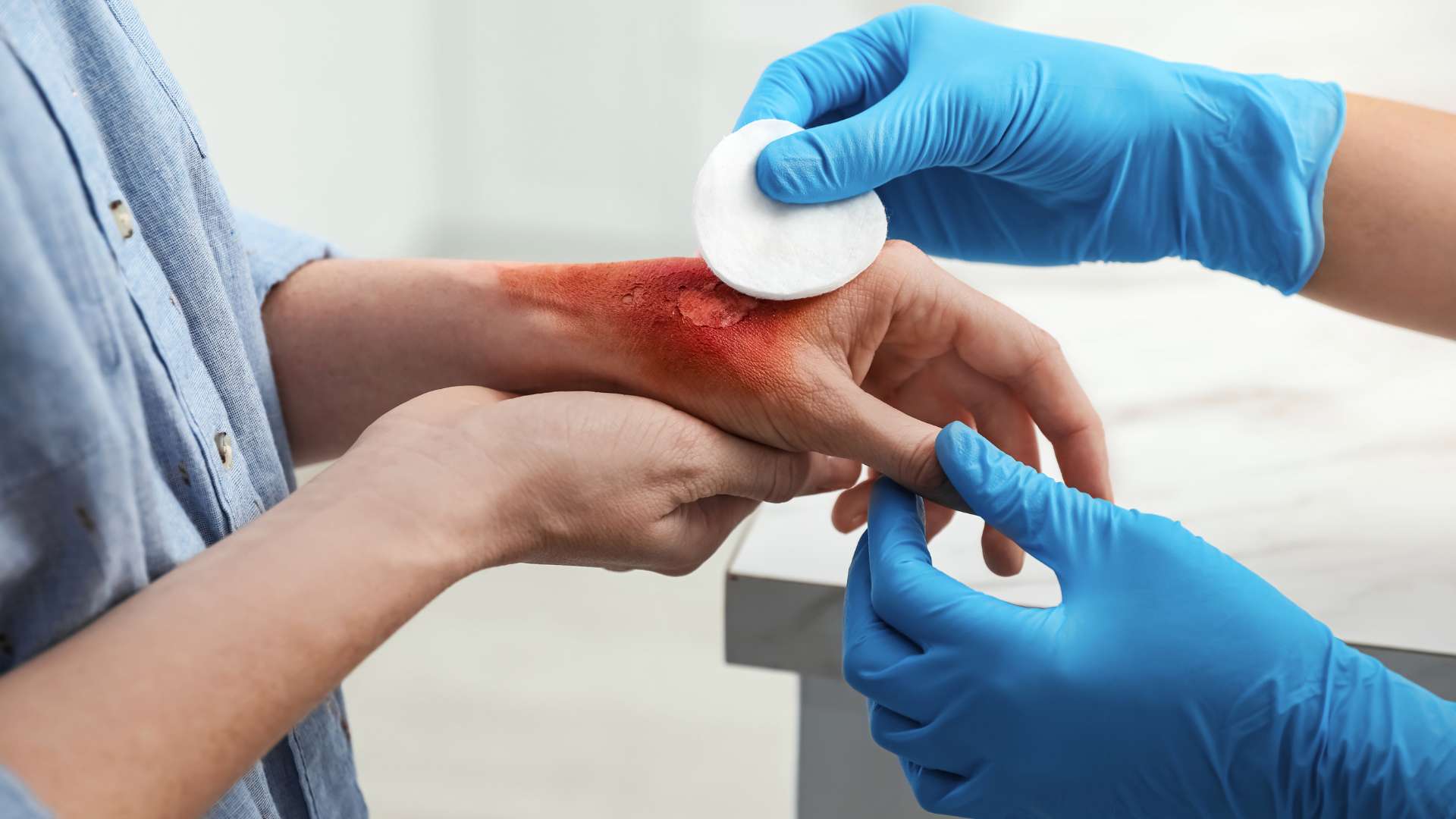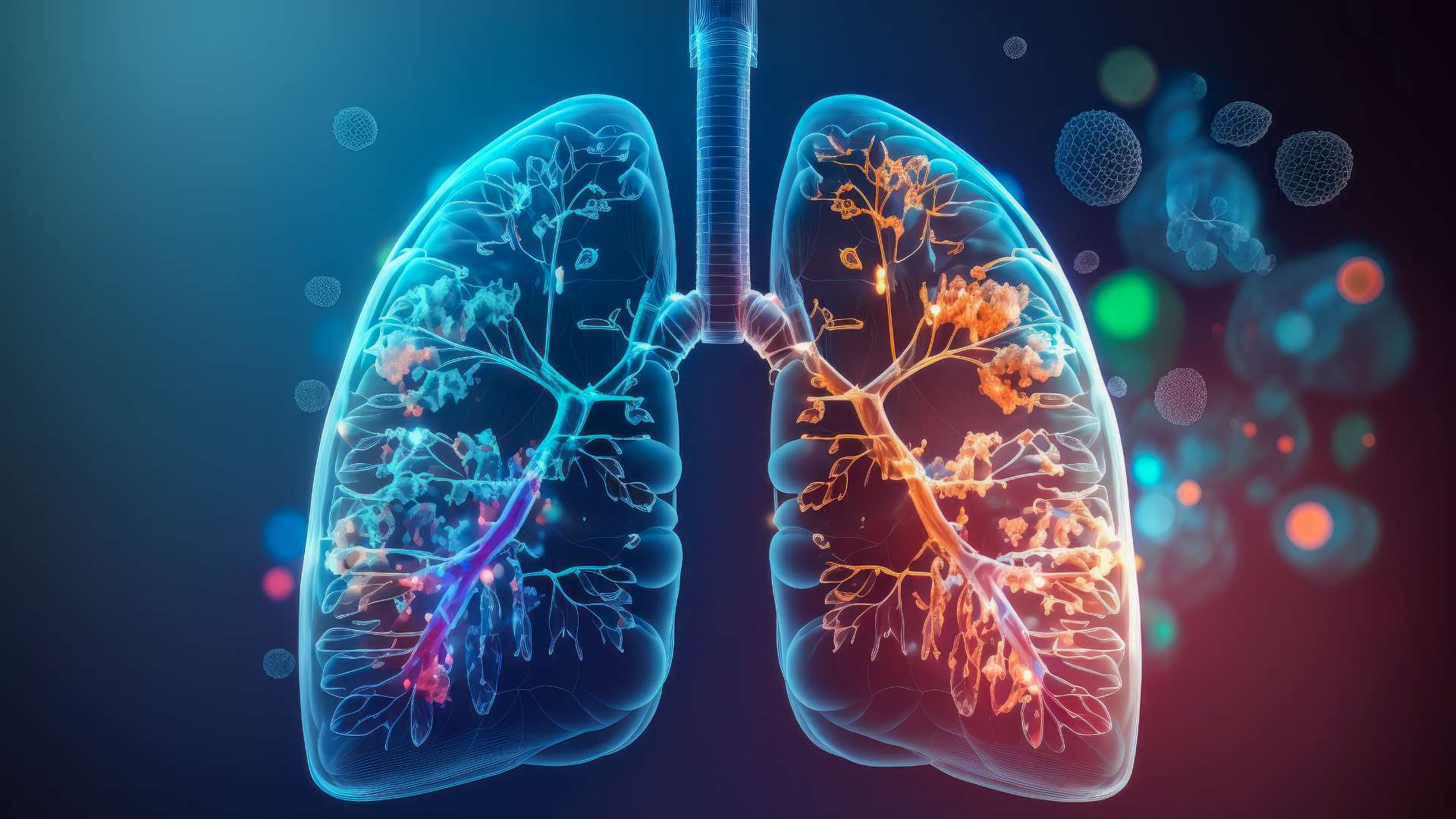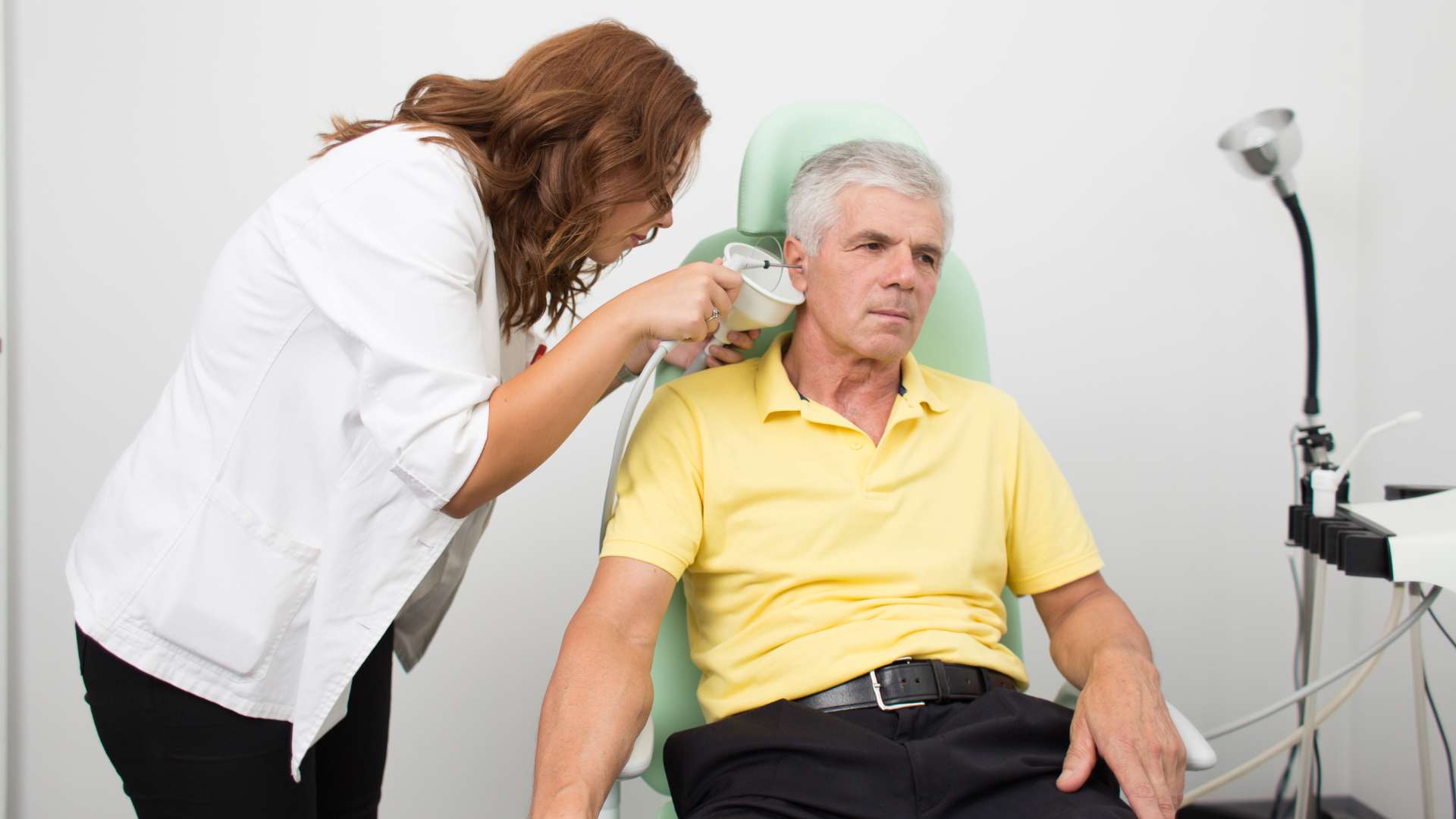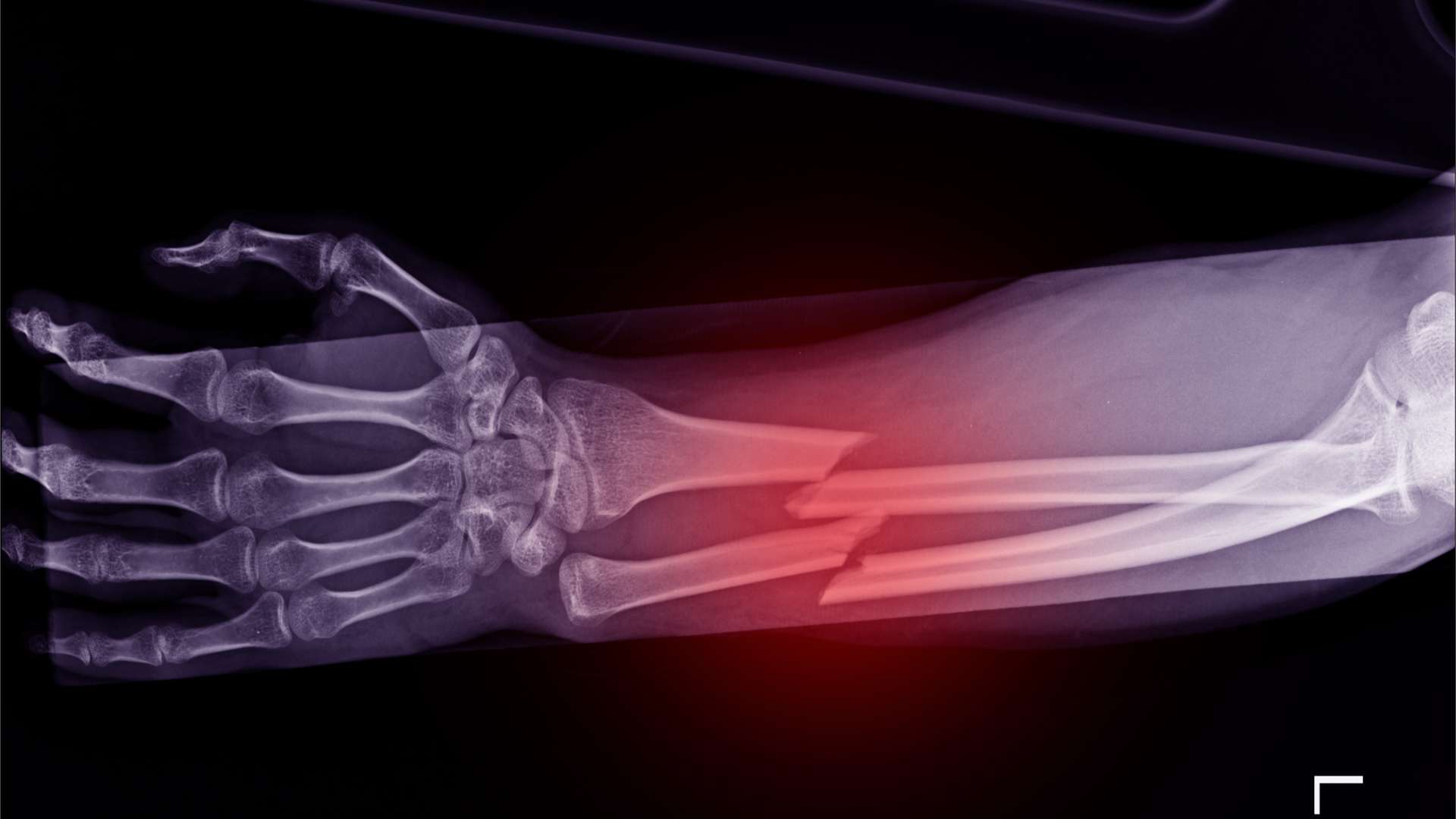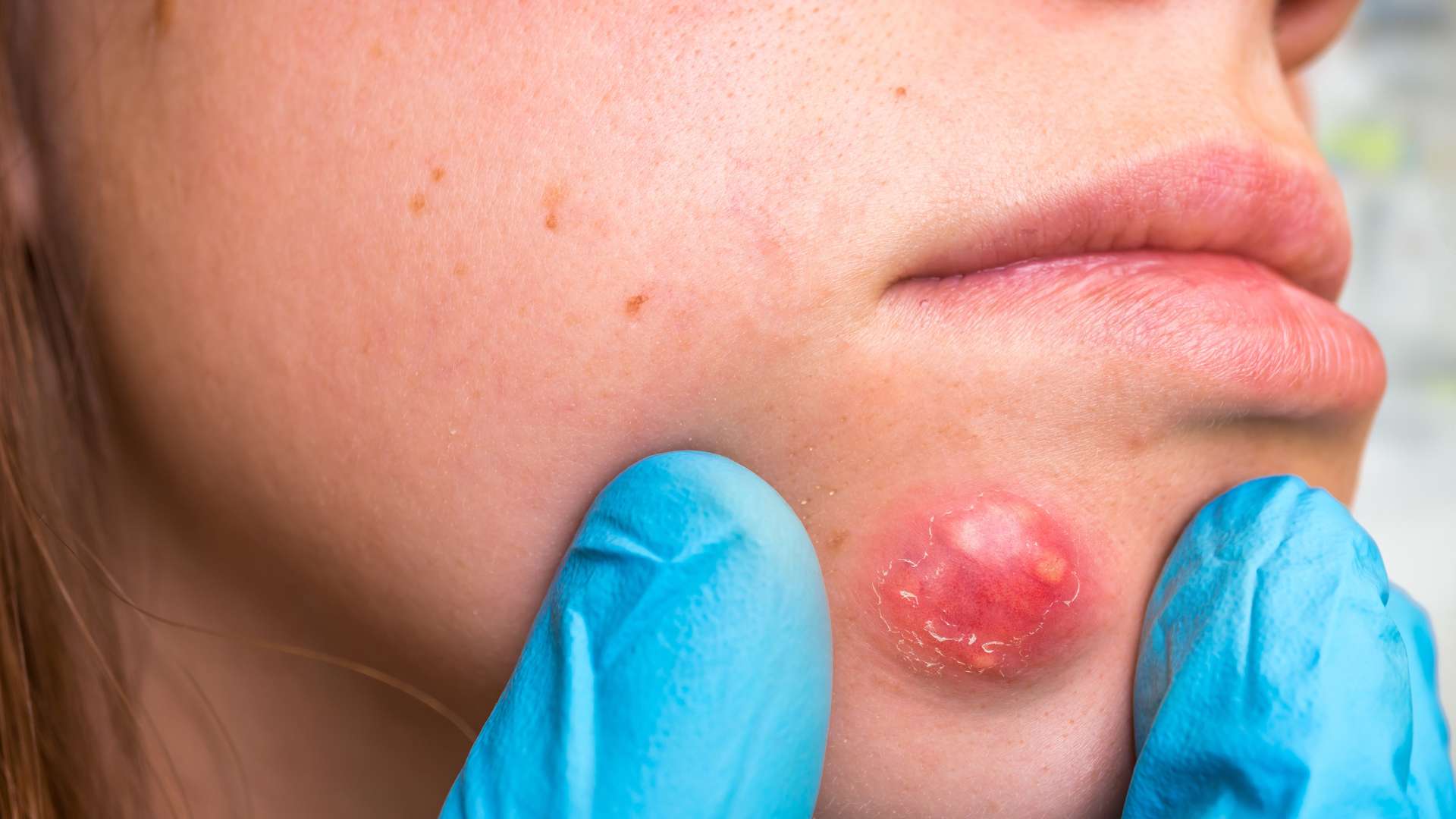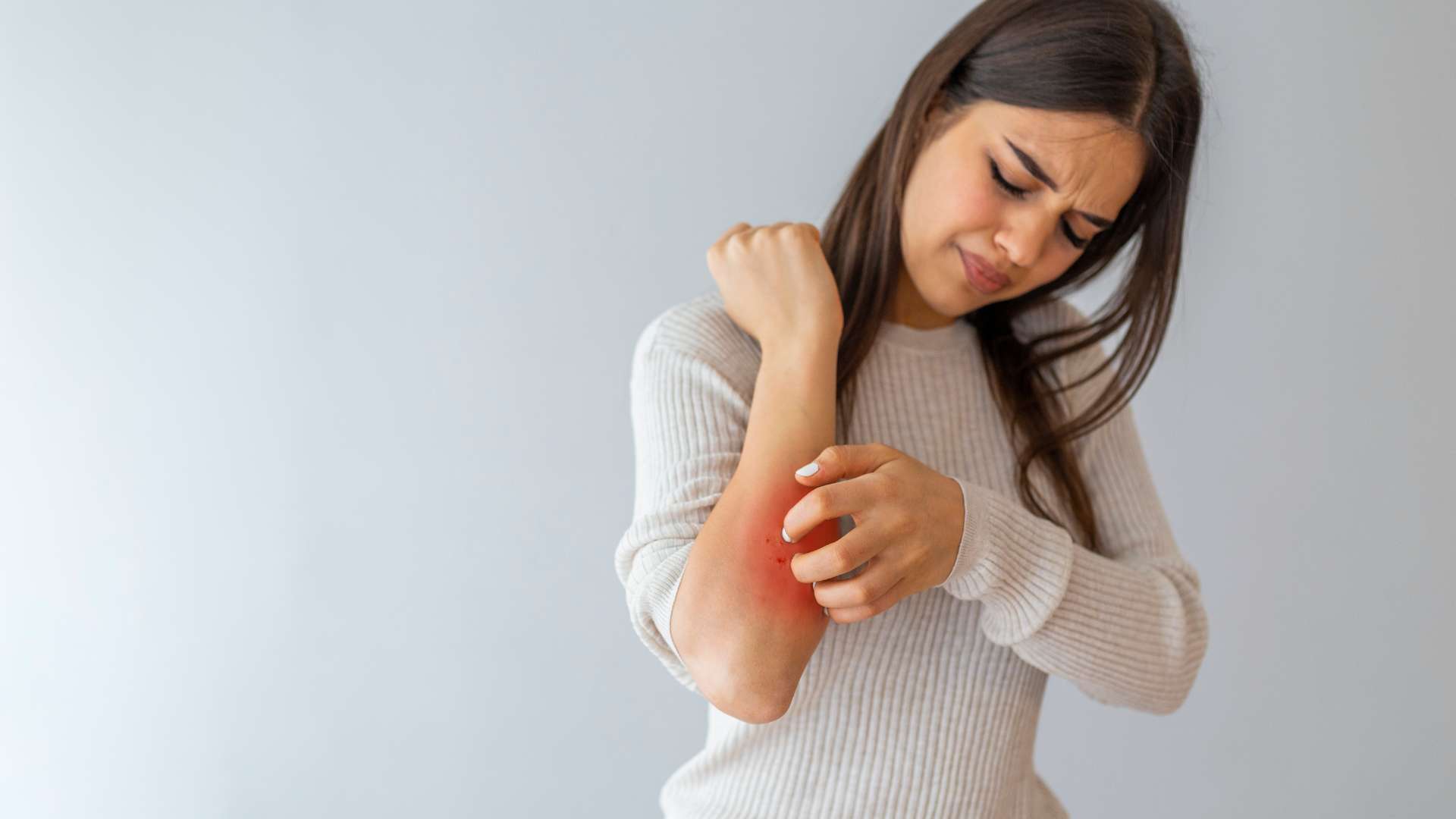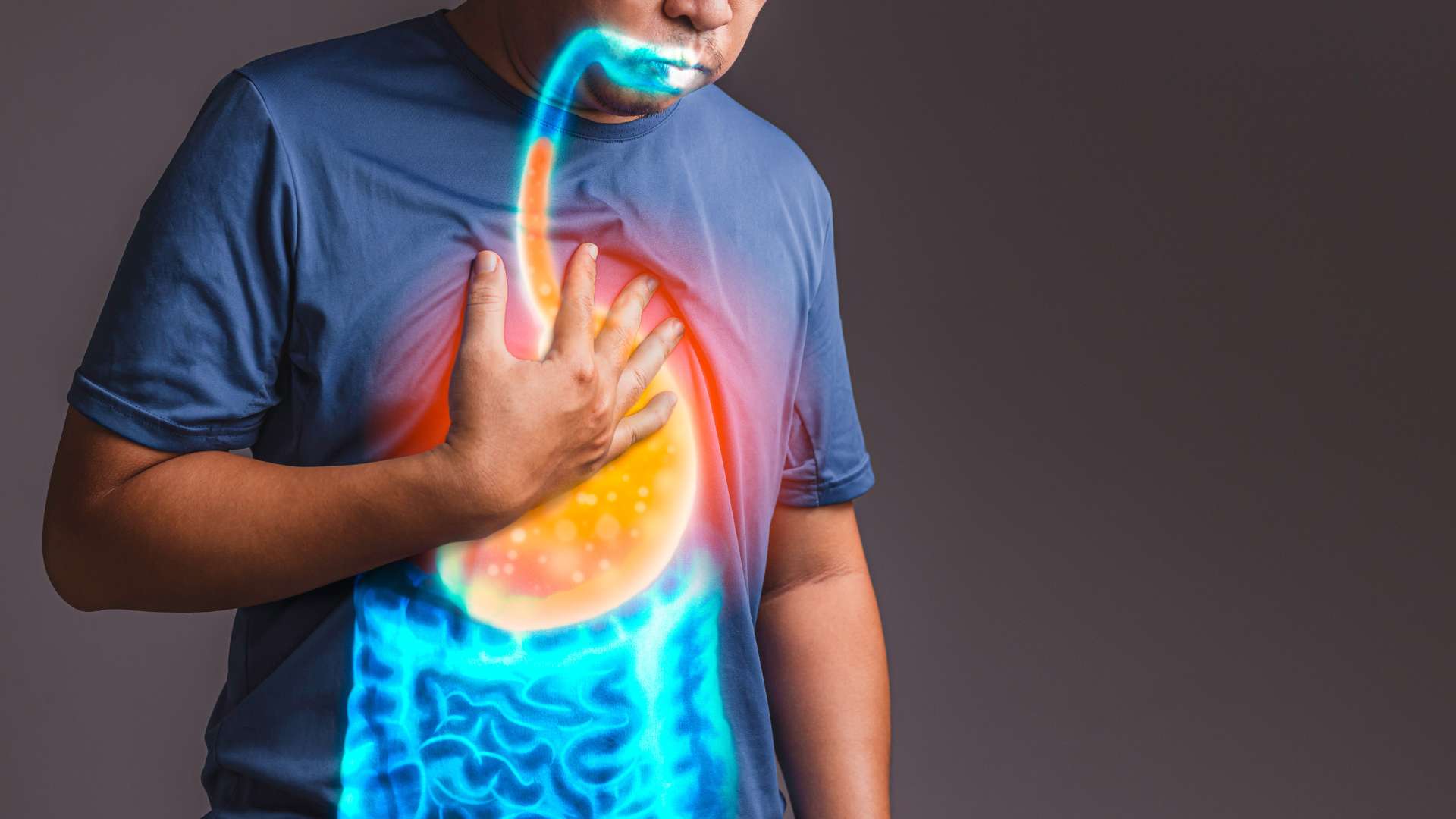Learn about the different types of ticks and insects, the illnesses and allergic reactions they can cause, how to treat such conditions, and proper care until medical attention is available. Use this comprehensive guide to address the risks and management of tick and insect bites and stings.
Understanding Ticks: Types, Illnesses, and Allergic Reactions
Ticks are small arachnids that latch onto the skin of their hosts to feed on their blood. There are various types of ticks, including deer ticks, dog ticks, and lone star ticks, each with distinct characteristics.
Tick bites can transmit illnesses like Lyme disease, Rocky Mountain spotted fever, and ehrlichiosis, causing flu-like symptoms, rashes, and fatigue. Some individuals may develop allergic reactions to tick bites, resulting in itching, redness, and swelling at the site of the bite.
Treatment and Care for Tick Bites and Related Conditions
Tick-borne illnesses are typically treated with antibiotics, while allergic reactions may require antihistamines or topical ointments. If a tick bites someone, they should remove it promptly with tweezers, clean the bite area, and apply an antiseptic. Monitor for any signs of illness or allergic reaction and seek medical attention if necessary.
Understanding Insects: Types, Illnesses, and Allergic Reactions
Insects are small creatures with six legs that can bite or sting. Insects like mosquitoes, bees, wasps, and ants are known for their bites or stings.
Insect bites and stings can cause allergic reactions, skin infections, and, in some cases, transmit diseases like West Nile virus or Zika virus. Allergic reactions to insect venom can range from mild swelling and itching to severe anaphylaxis.
Treatment and Care for Insect Bites, Stings, Illnesses, and Reactions
Insect bites and stings may be treated with antihistamines, pain relievers, or topical creams. Severe allergic reactions require immediate medical attention and may be treated with epinephrine. If someone is bitten or stung, they should clean the affected area, apply ice to reduce swelling, and elevate the affected limb if applicable. Watch for signs of an allergic reaction and seek medical help if needed.
Frequently Asked Questions about Tick and Insect Bites and Stings
1. Can tick-borne illnesses be prevented?
Yes, taking preventive measures such as using insect repellents and wearing protective clothing can reduce the risk of tick bites.
2. Are all insect bites dangerous?
Most insect bites are harmless and only cause mild irritation, but some can transmit diseases or trigger allergic reactions.
3. What should I do if I’m stung by a bee and have an allergic reaction?
Seek emergency medical help immediately if you experience difficulty breathing, swelling of the face or throat, or dizziness after a bee sting.
Occupational Health Services prioritizes the health and well-being of your workforce, offering expert care for tick and insect bites and stings. Contact us today to request an appointment and learn more about how to protect your employees from tick and insect-related risks. Our dedicated team of medical professionals is ready to provide comprehensive healthcare services to ensure a safer and healthier work environment for your business.

